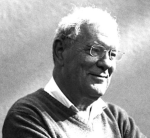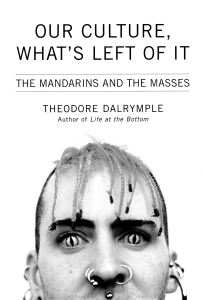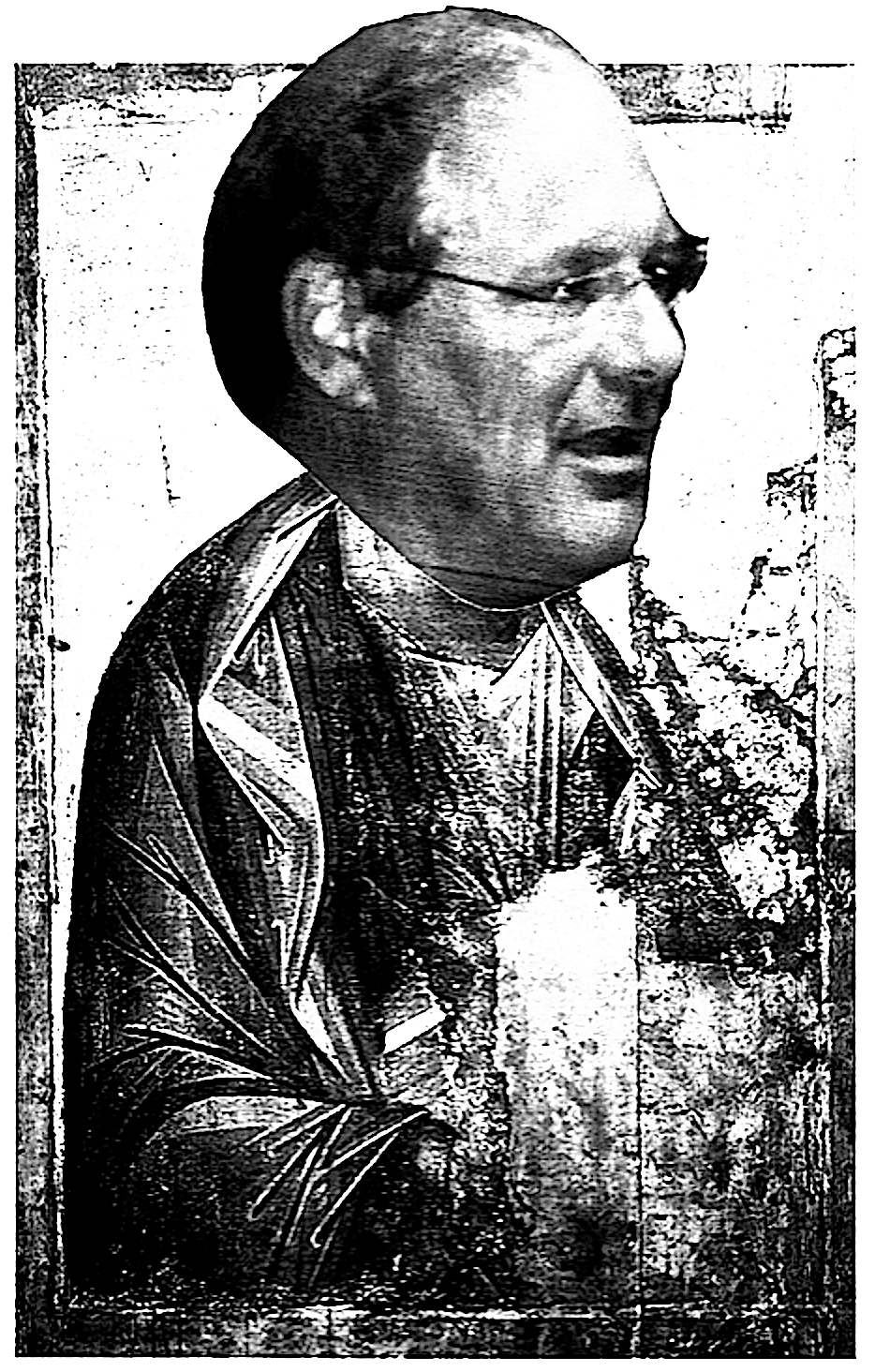Theodore Dalrymple, London Times, October 18 2014
Once as a medical student I was deputed by a hospital consultant to tell a family that their loved one was dying of lung cancer. The imparting of such information was not regarded by him as very important, indeed he thought it almost a distraction from the serious business of curative medicine.
Without any guidance as to how to do it, I told the family in a very straightforward way, not because of any commitment to honesty but because I could think of no other. To my horror, one of the relatives was very hard of hearing, so I had to raise my voice to so high a volume that my voice echoed round the ward. It would have been comical if it had not been so appalling.
In any case, the dying patient might have guessed that he was in a bad way because, when the medical notes were put out at the end of the bed before the consultant’s ward round, those that contained a diagnosis of cancer were left out. In other words, if you were lying in bed and the notes failed to appear at the end of your bed, you knew the diagnosis was bad, despite the doctor’s assurance that it was ‘just a little ulcer’ in your lung or your bowel.
Things have improved since those days, though not in all respects. Our technological capacity to keep people alive, but barely, and to hold out the hope of miracle cures in the face of the most obvious approach of death, has meant that very large numbers of people have been horribly tortured, though with the best of intentions, in the last days, weeks and months of their earthly existence, all to no purpose and often at extravagant expense. Perhaps the long-drawn out death of Generalissimo Franco in Spain, in 1975, first brought this problem to world attention: a problem that the most fascinating part of the latest book by Atul Gawande, a surgeon at Harvard with great literary gifts, seeks to address. And he knows whereof he speaks, for he confronts it in practice every day.
He tells in horrifying detail tales of people with fatal cancers who have been subjected to regimes of drugs, vastly expensive, that offer at best a few extra weeks of life at the cost of debilitating and even hideous side-effects, and which may even in some cases actually shorten life by comparison with simpler regimes that take patients’ own priorities more into account.
Part of the problem is that medicine, despite its great strides, is still an inexact science. Prognosis remains surprisingly approximate, even in the last days of life. Surprising cures do sometimes occur, and not just doctors but patients hang on to their possibility. Dr Gawande tells the story of his father’s final illness from a tumour in his spine, when he thought that his father would not last the hour. He survived for four days, during one or two of which he ate with surprising appetite and was able to speak coherently. Nature could fool even as experienced a doctor as he.
Another problem is that medicine continues to see the lengthening rather than the improvement of life as its principal goal, one that is easily measured and believed by doctors always to be desirable in itself. This might have been appropriate when the life expectancy of the population was a mere half of what it is now and the slightest infection or accident could easily prove fatal; but the days of revolutionary advance such as anæsthesia, antiseptic (and then aseptic) surgery, mass immunisation and antibiotics, seem to be over.
Nowadays, medical advance is mostly incremental rather than by great leaps. If you read the medical journals you will see that immense clinical trials of new drugs, involving thousands of patients, are often undertaken to prove them marginally superior to the old; a few weeks or months of extra life are bought at immense cost, financial and other. By comparison, it needed only seven patients with a condition called sub-acute bacterial endocarditis treated with penicillin to show that the drug worked.
Furthermore, doctors are embarrassed by death and the dying. Where the prolongation of life is the aim, death is defeat, and no one likes to admit defeat any more than he likes breaking bad news. Dr Gawande quotes a study showing that most doctors overestimate the time left to patients, even when they are specialists in frequently fatal diseases.
Is there a solution, simple or otherwise, that will allow people to take advantage of modern medicine yet not be subjected to the indignities and horrors of technologised death? The author proposes that doctors take more notice of what is important to patients rather than assuming that to live an extra few days or weeks at all costs is what they want. Many patients fear dependence more than death (my mother certainly did), and what reduces dependence may accelerate death. A reason for living is more important than living itself; and this can sometimes be surprisingly easy to provide the old who are in decline. For example, pets give a sense of purpose: a dog is the best antidepressant known to man. Dr Gawande quotes a trial in which the arrival of pets improved not only the mood, but the cognition and longevity of elderly patients.
Dr Gawande is no utopian who believes that the pain and sorrow of decline and death can be eliminated entirely if only we adopt the right attitudes. Occasionally he overstates a case, spins out a story or uses words in a way that jolted me. I cannot think of children at kindergarten as ‘students’, for example; they are not even pupils. To call them students is to impoverish the language, for what word do we then use for student in the real sense? It is hardly surprising that children are treated as adults and adults as children, and that precocity followed by arrested development should be so common. But for the most part Dr Gawande writes very well, his book is deeply humane and I learned much from it. If only I had read it all those years ago when I was deputed to tell the relatives that their loved one was dying.









